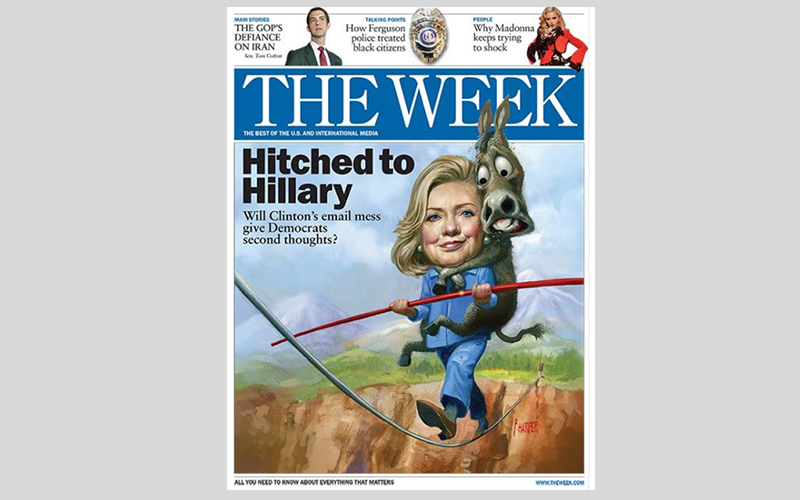Originally Published in The Week, March 21, 2015
Best Columns: Business
By Robert Rosenkranz, The Wall Street Journal
“A critic of inequality backtracks”
French economist Thomas Piketty became the darling of the “redistributionist” crowd when his tome Capital in the Twenty-First Century became a big-think sensation last spring, said Robert Rosenkranz. The book’s “central proposition” — that inequality in capitalist societies will inevitably grow because the return on capital (r) will always outpace the rate of economic growth (g) — was quickly seized upon by progressives, who used the thesis to promote “policies they have long wanted, namely, very high taxes on the wealthy.” But in an “extraordinary about-face,” Piketty now admits that “far too much has been read into his thesis.” He says that while his r > g formula is useful for understanding the “extreme and persistent wealth inequality before World War I,” it has little bearing on the economic realities of the past 100 years, and is therefore not a “useful tool” when discussing the causes of inequality today. In other words, Capital in the Twenty-First Century is “primarily a work of history.” And though it’s admirable for its author to admit that the “material in his book does not support all the uses to which it has been put,” it is now time for those who have misapplied those ideas to “follow his lead.”
Learn more: Read the original Wall Street Journal Op-Ed




